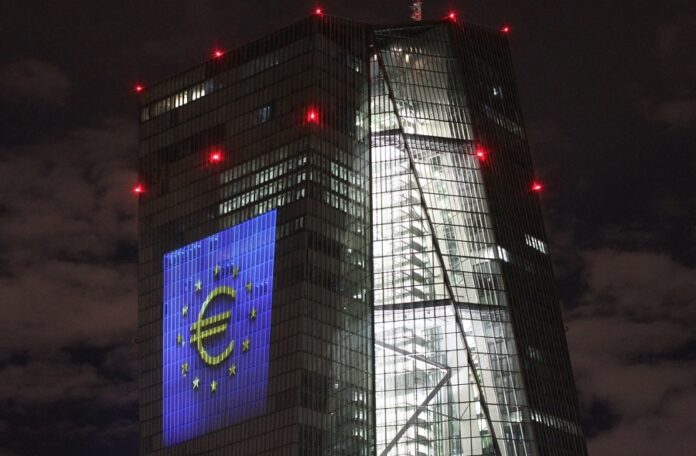Eurostat, the statistical office of the European Union announced that the eurozone inflation accelerated unexpectedly in December, hitting a new record of 5% from 4.9% in November and raising more questions about the European Central Bank’s (ECB) monetary policy, according to Reuters.
Energy prices, up 26% compared to a year earlier, remained the main driver but the increases for food, services and imported goods were also all well above the ECB’s overall 2% inflation target, data from Eurostat showed on Friday.
With the economy roaring back to life from its initial pandemic shock last year, price growth took off, catching the ECB – which predicted just a benign inflation hump a few months ago – off guard.
Adding to the upward pressure, supply-chain bottlenecks curtailed the availability of consumer products, while households, forced into saving their cash for a year, started spending on everything from new cars to restaurant meals.
The ECB sees inflation back under 2% by the end of this year, but a long list of influential policymakers question this narrative, warning that risks are skewed towards higher figures and that above-target readings could persist into next year.
Part of the concern is that underlying prices – or inflation excluding volatile food and fuel prices – are also above target, suggesting that sectors prone to weak price pressures over the past decade are now adjusting.
Indeed, inflation excluding food and fuel prices, closely watched by the ECB, rose to 2.7% in December from 2.6%, while a narrower measure that also excludes alcohol and tobacco products held steady at 2.6%. Both figures were just above expectations.


